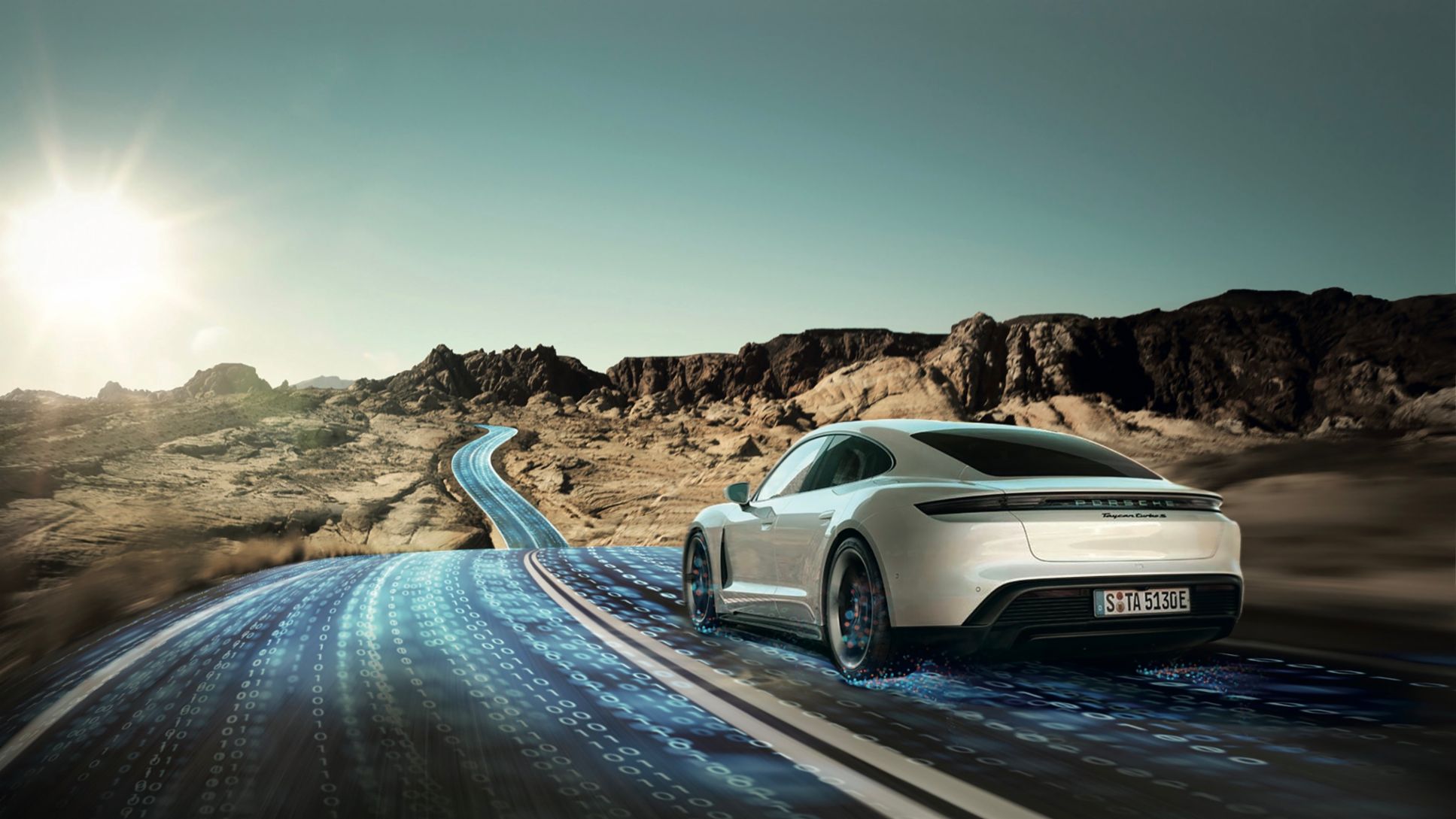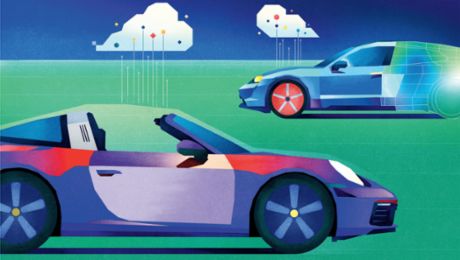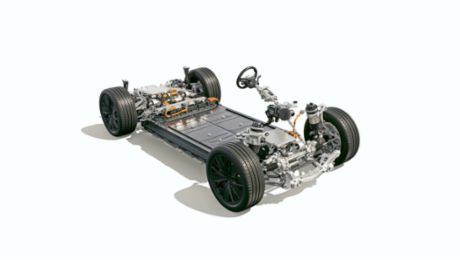Porsche sets the highest standards for its products. In the digital era, these standards apply equally to digital products and services, and to how customer data is handled. At all times, Porsche customers themselves determine which data they share for which purpose – and what Porsche may use it for.
“When it comes to privacy, our customers expect information that is easy to understand and clearly organised. With the Porsche Privacy Center in the My Porsche portal, all data approvals can be easily viewed. Granting consent is simple and user-friendly,” says Robert Ader, Chief Marketing Officer at Porsche. Christian Völkel, Chief Privacy Officer, adds: “The Privacy Center provides transparency on the shared data. It is the next consistent step in implementing our privacy strategy, which is part of the company strategy 2030.”
.jpg/jcr:content/MicrosoftTeams-image%20(18).jpg)
This is how the Porsche Privacy Center works
In the Porsche Privacy Center, Porsche structures its customers’ data approvals specifically and transparently into three categories: product improvement, individual support of existing and potential new customers, and data sharing with third-party providers.
Porsche uses data in the development and optimisation of functions and services, and towards improving car models. As a result, digital innovations become part of a better customer experience. For example, based on usable data in the Porsche Communication Management (PCM), Porsche is continually improving the menu structure of the PCM. The improved user-friendliness benefits all Porsche drivers. A further example: usable charging data from electrically driven cars is not only used for the further development of the charging management and the battery control. It also constitutes an important foundation for future product decisions and developments.

By allowing their data to be used for the individual support of existing and potential new customers, the customer becomes a part of the fascinating Porsche experience. For example, they receive invitations to exclusive events, or to participate in customer surveys – as well as exclusive information and special offers from Porsche. The customer decides whether and how they want to be contacted. And the customer’s data approvals for third parties are easy to monitor in the Porsche Privacy Center, which deals with data-based services that offer added value for Porsche drivers. These include innovative, usage-based insurance tariffs, a digital logbook and Smart Charging applications.
Full control in the car too
‘Privacy made by Porsche’ means that Porsche customers have control over their data and know what is being done with it. The customer’s active consent is therefore sought before data is sent or processed in the background. Porsche drivers exercise control over their data not only in the Porsche Privacy Center but also in the car itself. In current Porsche models, the customer can make all their privacy-related settings intuitively and based on context at the relevant points of contact. For example, the car can be set to ‘Private Mode’ from the driver’s seat with a single click. In this mode, only those data transmissions are made which are legally required or are necessary for the operation of the car, for example an eCall.


.jpg/jcr:content/MicrosoftTeams-image%20(18).jpg)

.jpg)